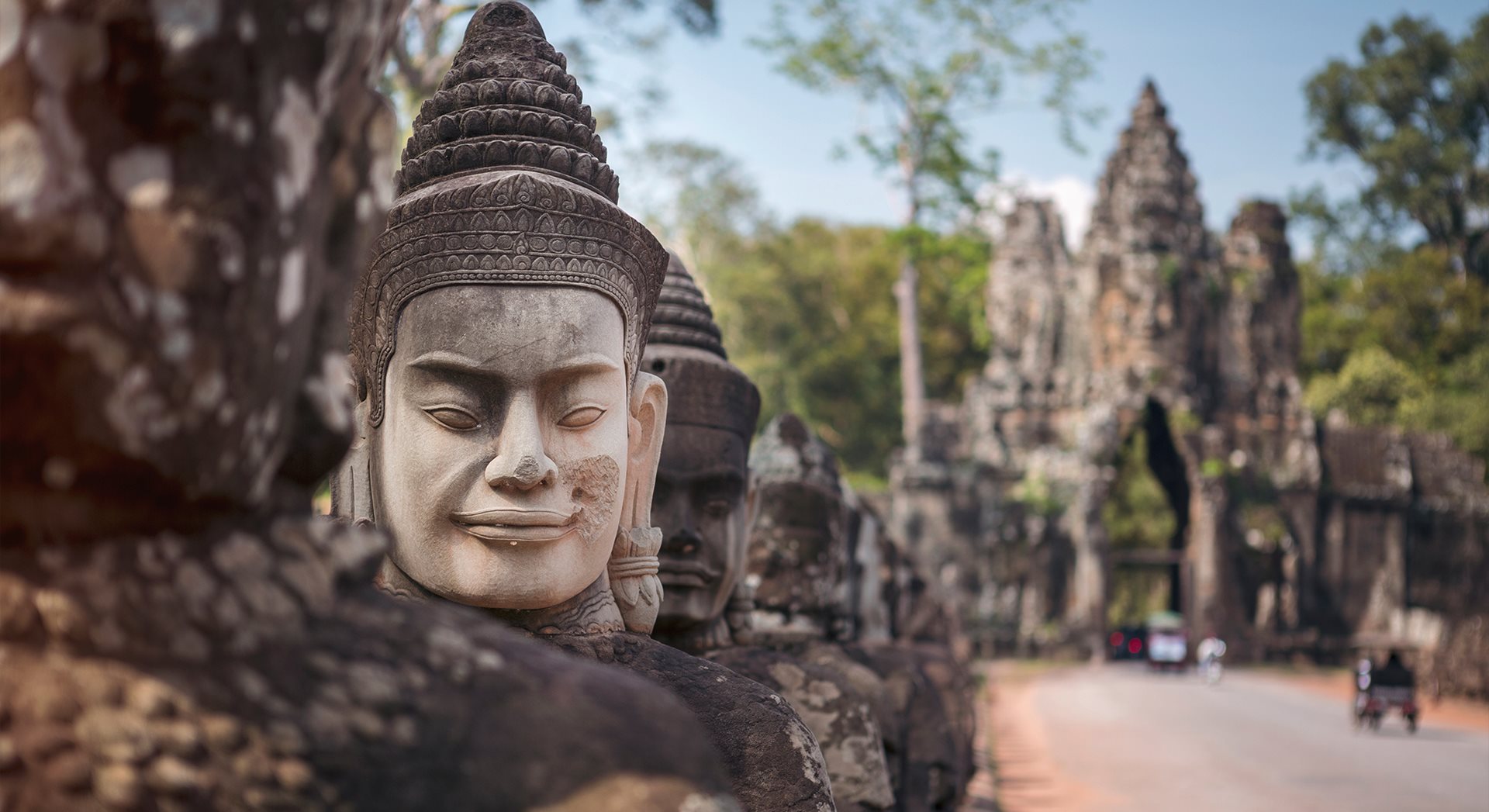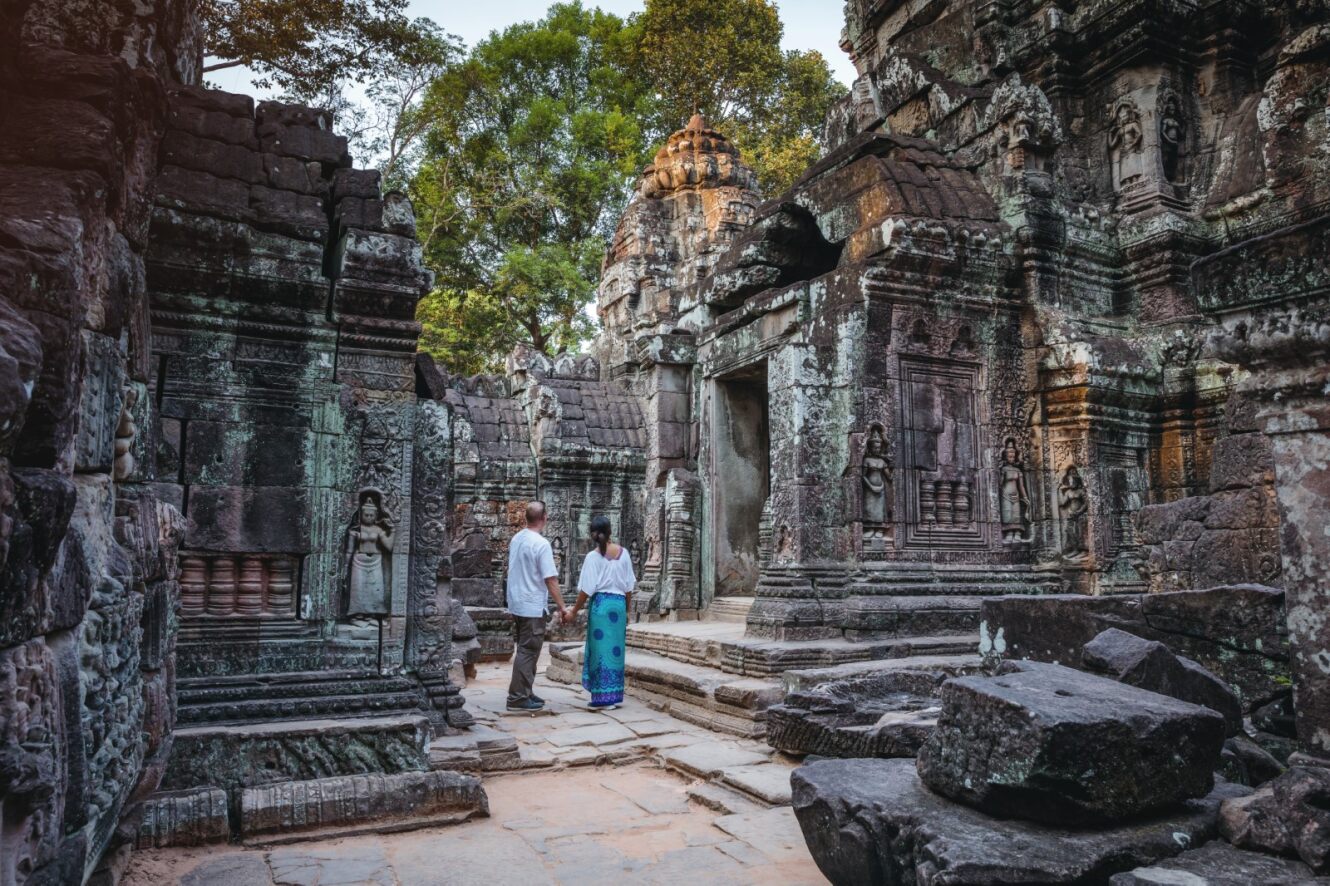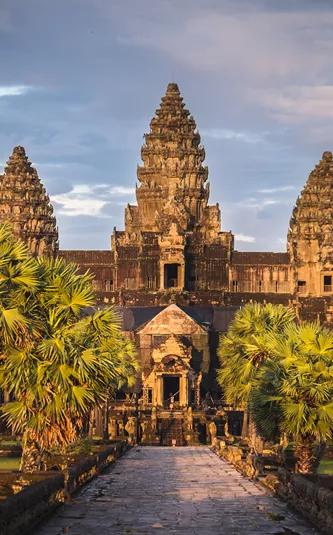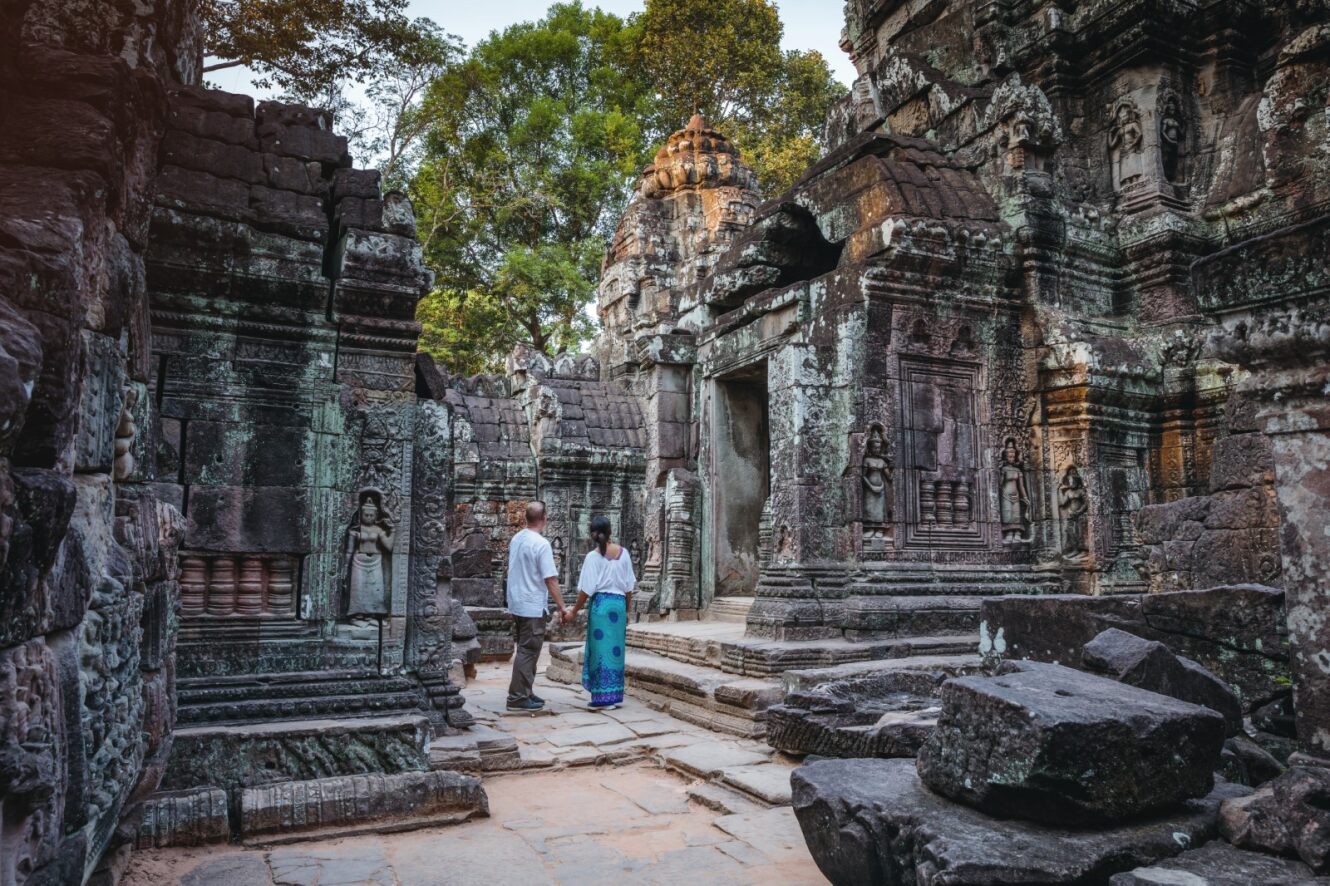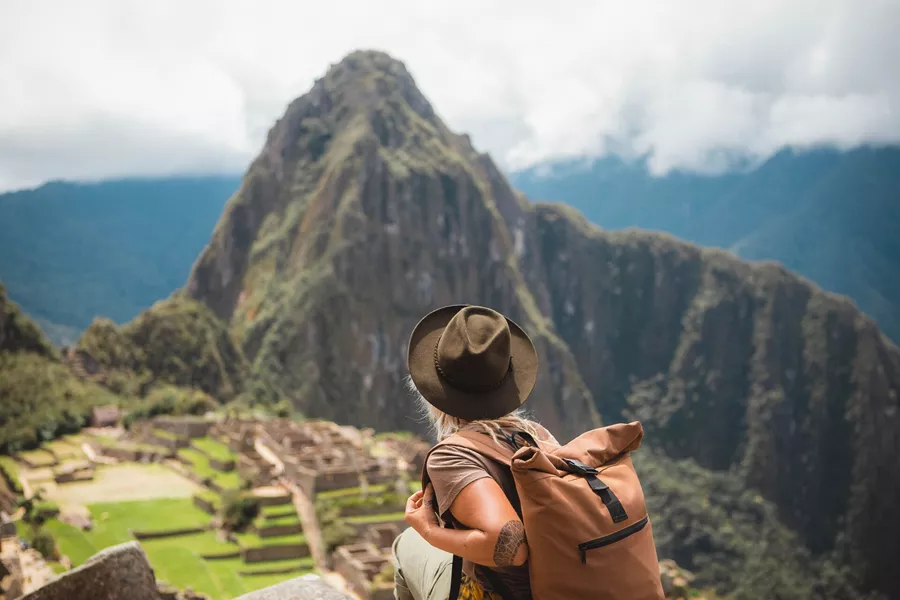Country Code for Cambodia: +855
Visa Global Assistance: Call the US on (+1) 303 967 1090
Emergency Services: Fire: 118 Police: 117 Ambulance: 119. The emergency services may not have English speaking staff. To avoid delay it may be best to seek the assistance of a Khmer speaker to call the emergency services.
Get off the beaten track and discover the charming town of Battambang. It is an architectural treasure trove, boasting well-preserved French colonial architecture, delightful countryside and ancient temples.

